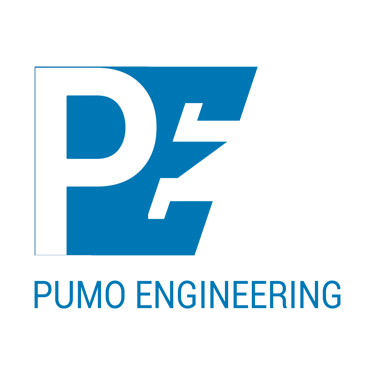Piping Engineering
Our Piping Engineering Course offers a distinctive learning experience, aimed at elevating professional expertise in piping design and building a competitive edge in the global marketplace
Key Highlights of the Piping Engineering Program
Expert Trainer: Led by an accomplished professional with proven expertise gained from top multinational engineering organizations.
Industry Network: Supported by reputed recruiters and strong connections within the piping engineering sector.
Placement Support: Dedicated placement assistance to help qualified candidates secure opportunities in leading companies.
Proven Outcomes: Successfully trained and mentored numerous piping engineers, equipping them with industry-ready skills and career success.
Practical Learning: Applied training with opportunities to gain hands-on experience through real-world project exposure.
EPC Insight: In-depth understanding of the practices, culture, and workflows followed in Engineering, Procurement, and Construction companies.
Project Insight: Structured guidance on project life cycles, deliverables, and workflows to ensure smooth execution and quality outcomes.
Experiential Learning: Use of innovative and interactive methods to build strong practical understanding and teamwork across departments.
Advanced Tools & Technology: Hands-on exposure to the latest tools, software, and technologies currently used in the industry.
Global Standards: Comprehensive understanding of international codes and standards, enabling precision, consistency, and design excellence.
Current Industry Practices: Training aligned with the latest engineering methodologies and trends to meet modern industry demands.
Personal Development: Focus on communication, professional growth, and soft skills to develop well-rounded, industry-ready engineers.
Career Readiness: Continuous guidance to prepare learners for interviews, corporate culture, and real-world workplace expectations.
Course Suitable for :
Fresher
Experienced
Diploma/ Degree Mechanical
Chemical and Production Engineers
Syllabus
Module 1 – Professional Orientation & Industry Overview
Introduction to SIT, training rules, and discipline.
Personality development and communication skills for engineers.
Overview of the Oil & Gas industry: functions, plot plans, and need for piping engineers.
Role of EPC companies, organizational structure, and inter-department collaboration.
Basics of welding and Non-Destructive Testing (NDT).
Module 2 – Engineering Drawings & Piping Fundamentals
Introduction to engineering and piping drawings.
Reading and interpreting isometrics, joints, and symbolic representations.
Fundamentals of piping codes, standards, and their practical application.
Module 3 – Piping Components, Valves, Instruments & Supports
Selection and installation of piping components for different services.
Detailed understanding of valves, their sizing, and installation methods.
Special pipeline parts and their industrial applications.
Instrument connections in piping layouts.
Identification and marking of pipe supports for safe and reliable design.
Module 4 – Piping Materials & International Standards
Metallurgy and its industrial applications.
ASTM and ASME dimensional/material standards.
Pipe thickness and pressure-temperature ratings (ASME B31.3).
Reinforcement pad & mitre bend design calculations.
Preparation of Valve Data Sheets (VDS).
Development of detailed Piping Material Specification (PMS).
Module 5 – P&ID to Plant Layout Development
Understanding process equipment and piping requirements.
Utility equipment and system integration.
Converting P&ID into equipment and piping layouts.
Coordination across disciplines for effective layout development.
Module 6 – Facility & Infrastructure Design (Macro-Level)
Development of overall plot plans considering codes and statutory regulations.
Pipe rack design: routing, width, height, and span calculations.
Utility corridor and common rack system layouts for industrial plants.
Module 7 – Equipment-Level Piping Design (Micro-Level)
Storage Terminals & Tank Farms: Concept, layout, nozzle orientation, supports, and greenfield/brownfield design.
Distillation Column Setups: Layout, nozzle orientation, supports, isometrics, and MTO preparation.
Reactor Systems: Conceptual design, equipment arrangement, piping, supports, and operational considerations.
Module 8 – Stress & Flexibility Engineering
Principles of stress and flexibility in piping systems.
Methods of stress relief, loop design, and span calculations.
Types of supports for stress control.
Hands-on analysis using CAESAR II for real-world systems.
Module 9 – Industry Software & Digital Delivery
AVEVA E3D / SmartPlant 3D (30 Hours): Piping layout development, modeling, and visualization.
CAESAR II (40 Hours): Stress and flexibility analysis with case studies.
Module 10 – Professional Integration & Career Readiness
Integration of piping with other disciplines (civil, structural, mechanical, electrical, instrumentation).
Industry-based mini projects covering end-to-end design workflow.
Resume preparation, interview guidance, and career grooming for EPC and engineering firms.

